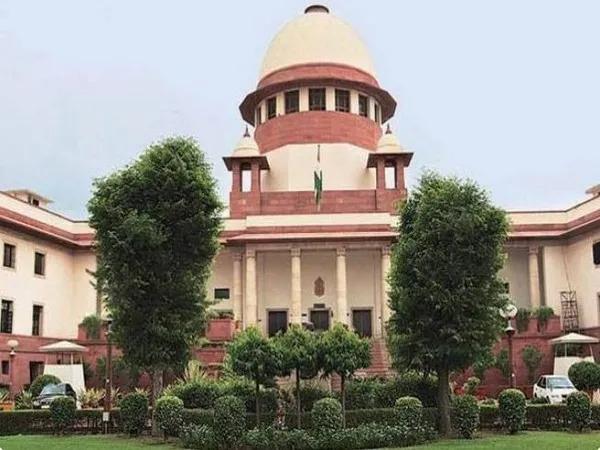New Delhi [India]: In a relief to the Adani group of companies, the Supreme Court on Wednesday declined to transfer the probe to a Special Investigation Team (SIT) or CBI into the Adani-Hindenburg issue over allegations of stock price manipulation by the Indian corporate giant from Securities and Exchange Board of India (SEBI).
A bench of Chief Justice of India DY Chandrachud, PS Pardiwala and Manoj Misra said the scope of power of the apex court to enter into the regulatory domain of SEBI is limited.
It said the scope of judicial review is only to see whether any fundamental right has been violated. The SC said the facts of the case do not warrant the transfer of the probe to the SIT or other agency. The SC also said there was no material to doubt the investigation carried out by the SEBI.
The verdict of the top court came on a batch of petitions seeking a court-monitored investigation or CBI probe into the allegations made by US-based firm Hindenburg Research against the Adani group of companies regarding violations of the stock market.
The bench said there has been no regulatory failure by SEBI and the market regulator cannot be expected to carry on its functions based on press reports though such reports can act as inputs for SEBI.
The top court asked SEBI to complete within three months its probe into two cases pending out of 24 cases.
The case is related to the allegations (part of a report by short-seller Hindenberg Research) that Adani had inflated its share prices. After these allegations were published, it led to a sharp fall in the share value of various Adani companies, reportedly to the tune of USD 100 billion.

